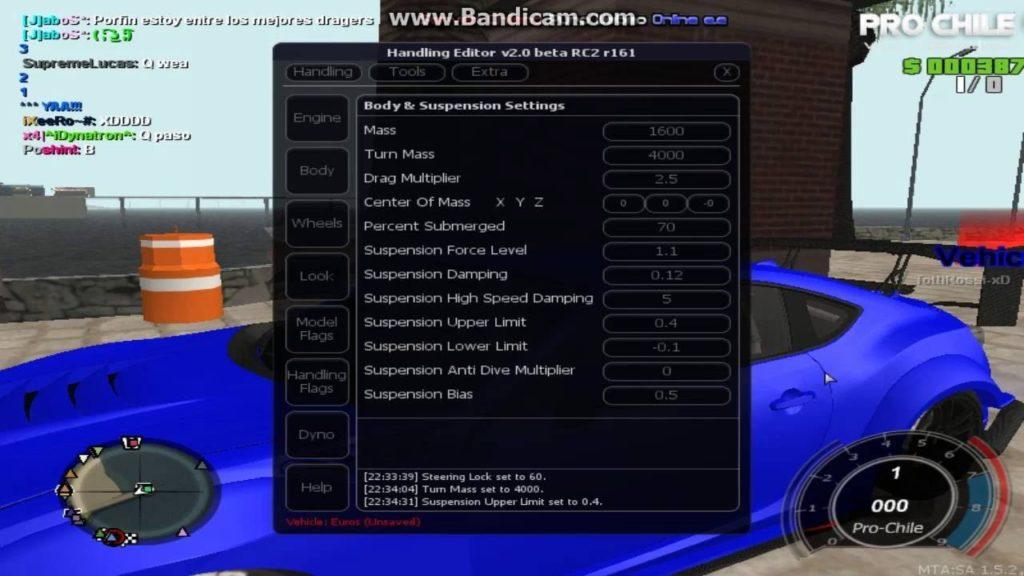
What do tuning chips do?
Tuning chips are designed for diesel engines to improve both engine performance and fuel economy. However, they are a mixed bag. Many drivers who have installed them have found that while they improve performance, they do nothing to save fuel and can cause smoke in the car (which is also why they are also called "smoke boxes").
What is a tuning chip?
First, it's not a chip, as you might think. These are resistors. Tuning chips are not ECU chips (the microprocessors in your car's main computer that actually control the operation of the engine and transmission). The resistor in question does only one thing - it changes the readings of the air temperature sensor, which are sent to the computer.
The computer uses temperature and density information to determine how much fuel to send to the engine. The tuning chips effectively tell the computer that it is getting colder and denser air than it actually is. Cold, dense air contains more oxygen than warm air, which means you burn better. The computer compensates for this by sending more fuel to the engine, resulting in more "kick". This basically improves performance.
However, since you are not actually remapping the ECU to improve performance, a number of issues can arise, including:
- Inaccurate fuel consumption information
- Exhaust smoke
- Reduced fuel economy
- Engine piston damage
- Increase in emissions
- Rough idle
If you are determined to improve the performance of your car, the best option is to use a remapped engine control unit that allows you to actually adjust the performance of your car's engine and computer. This ensures that your emissions information is accurate (and you pass the test) and that you don't damage the engine in the long run.

